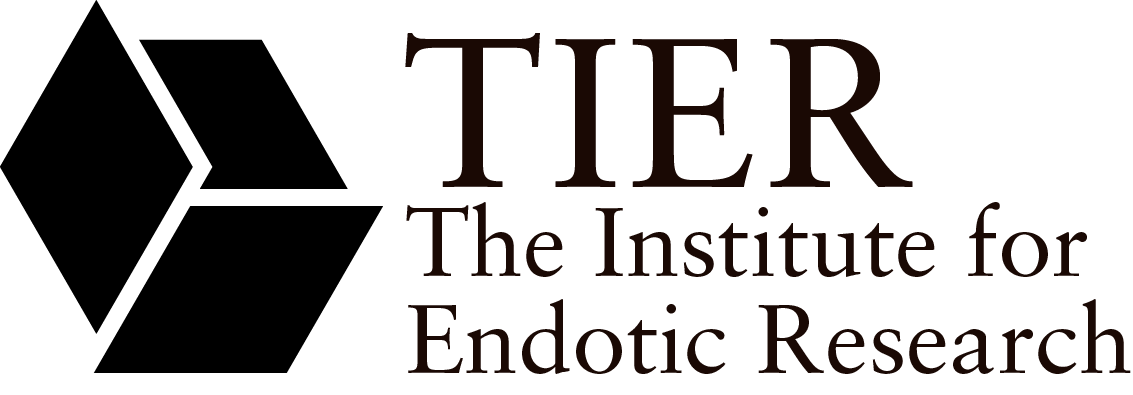 Encounter: 6th Tea Oval: Anarchic Art Practices in China under AI Socialism
Encounter: 6th Tea Oval: Anarchic Art Practices in China under AI Socialism
Date: Thursday, October 17
Time: 19:00-21:00
In the 1960s, Myanmar’s most influential scholars, politicians, activists, and artists admired China for its stability and ideology for world peace. However, Chinese long-standing support for Myanmar’s ruling Juntas, China’s influence on Myanmar’s media, and the provision of surveillance technology to the junta have raised concerns about press freedoms and human rights. The 6th Tea Oval session will explore the totalitarian state of China today, especially in its most advanced AI socialism and its severe impact, via Ma Yongfenhg, a Chinese artist and curator based in Berlin who has a deep understanding of the intersection of art, technology, and politics.
China’s ban on major international social media platforms and internet apps around 15 years ago has led to the emergence of a highly advanced AI totalitarian state. This state relies on massive data and a closely monitored algorithmic model, along with traditional authoritarian governance methods. The resulting AI socialism is a fully controlled system designed to maintain stability through algorithms, creating a blend of a futuristic cyberpunk dystopia and a digital feudalistic kingdom. Dealing with issues such as facial recognition, grid management, and crowd control in public spaces, traditional anarchic practices must urgently establish mutual aid, direct democracy, technical counterattack, and platform cooperation in the digital realm. It is not just a task but an urgent necessity for artists, hackers, and activists to prioritize reclaiming physicality as a political goal under the rule of AI socialism.
BIO
Ma Yongfeng resides in Berlin and works with video and film, conceptual art, socially engaged practices, and political art, and has realized successful art projects as a curator. Lately, his focus has been on political video and film, site-specific interventions, and situations. Some of his projects involve flexible, guerrilla, and immaterial social participation. His politically engaged tactics involve introducing new concepts and methodologies into existing mechanisms through social practices and relational resistance. His innovative approach challenges the feasibility of establishing a direct-democratic, alternative-political algorithmic model to replace the current technological oppression shaped by nation-states and multinational tech giants.
This program is supported by The Senate Department for Culture and Europe’s Weltoffenes Berlin Program
